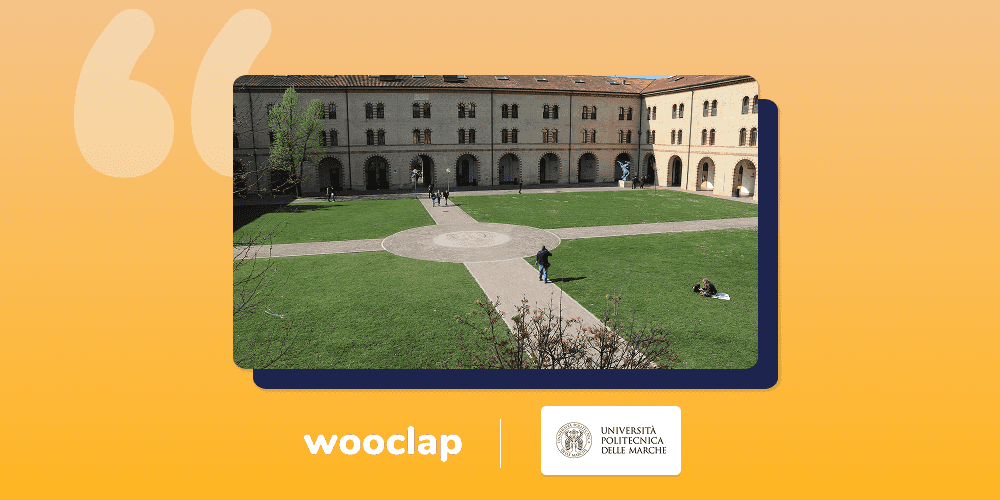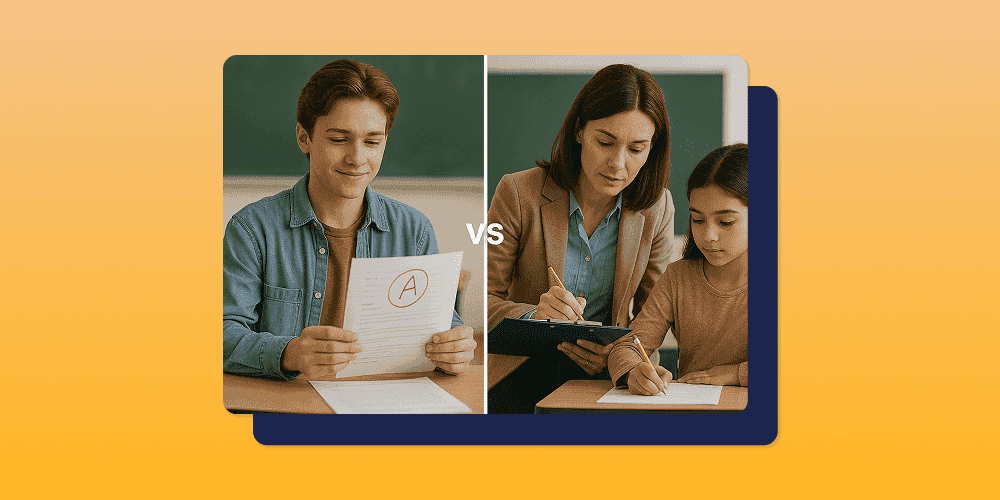
American summer tour! Wooclap will be at InstructureCon 2025
Come say hi at booth 41 from July 22nd to July 24th in Spokane, Washington
Neurolearning: Factors for Efficient Learning
22.03.2018 • 2 minutes

Enhancing Learning Efficiency: Key Factors from Benedict Carey’s Research
Factors that improve efficiency in all types of learning processes have recently been discovered. Benedict Carey grouped them in his book; “How We Learn”. Here are a few types of learning processes that can easily be taken into account when learning:
- Frequency and duration of repetition
- Rest period
- Reformulation
- Right to make mistakes
- An enabling environment
- Storytelling
- Gamification
“Frequency and duration of repetitions” and “resting period”:
Cramming for an exam works in case of emergency, but retention of information in such instances is weak. To ensure the information remains in one’s memory, it is preferable to ingest it over a longer period. This works even better when the space between studying sessions is steadily increased. Let us clarify. At first, the memory trace is fragile and needs to be consolidated quickly. To do so, repeat the process within 24 hours, then a few days later, and then a few weeks after that. Furthermore, according to scientific studies, we learn more at the beginning and at the end of a session, meaning it is better to engage in short sessions, as to limit the “hollow” moment in the middle. We also suggest structuring the beginning and the end of studying sessions in the form of summaries (what we will see — what we saw).
Letting your mind rest is beneficial, and even taking a little nap is absolutely fine. Resting consolidates the brain’s achievements and organises them. Sleeping and dreaming equals learning (International Learning and Development Institute, 2016). There is much to learn about neuro learning analysis and the factors that can lead to a more efficient learning process.
Sources:
Neuro Learning. (2017). Quand les neurosciences rencontrent la formation et le management…. Consulté le July 18, 2017, sur Neuro Learning : https://neuro-learning.fr/
Writer

Julie Lemaire
Content Marketing Lead @Wooclap. As a student of language with a passion for education and a thirst for knowledge, I am currently learning to parlare italiano.
Subject
A monthly summary of our product updates and our latest published content, directly in your inbox.



